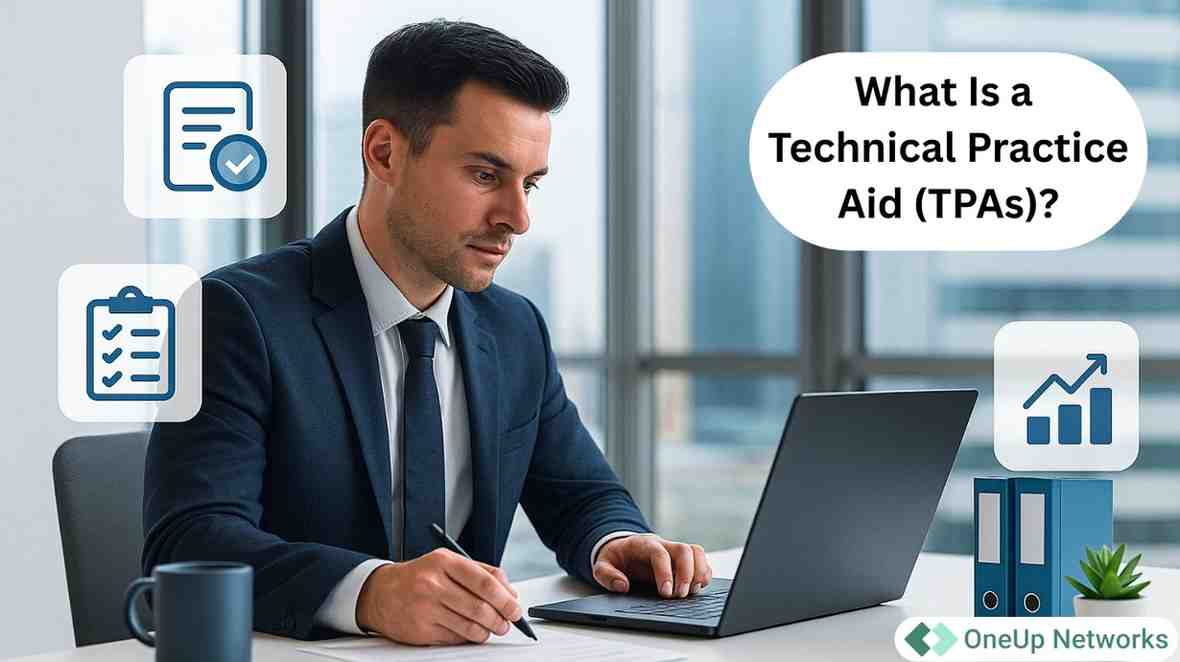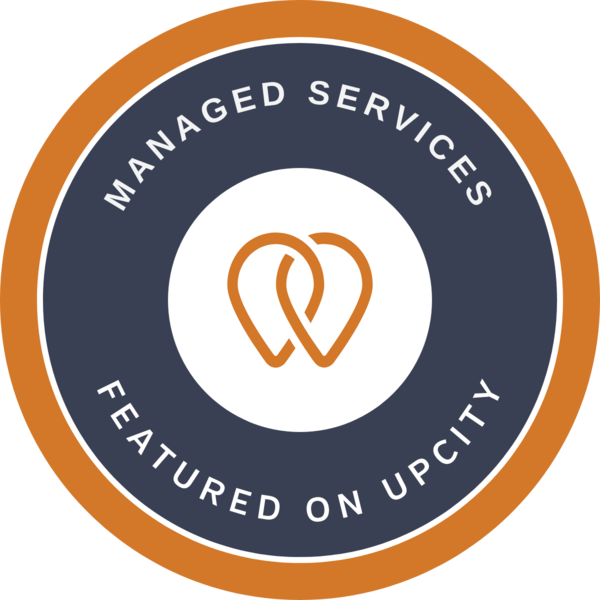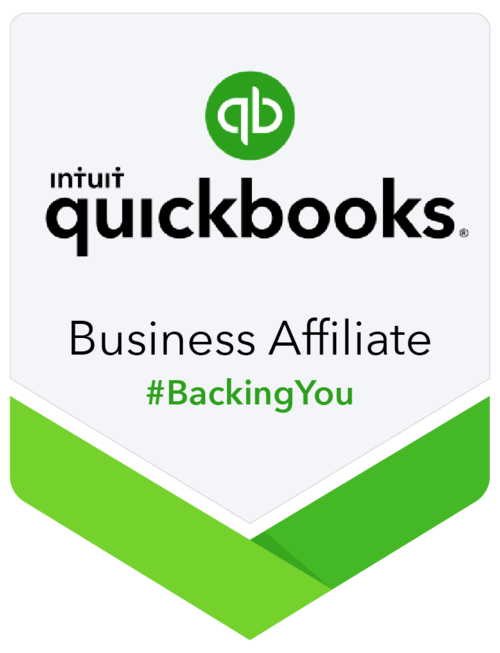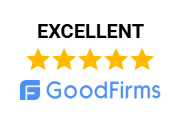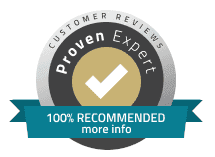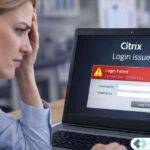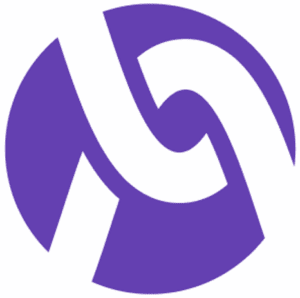Numbers tell a story, but the right strategy makes you a hero. For auditors, accountants, and compliance experts, a Technical Practice Aid (TPA) is the secret weapon that drives efficiency, guarantees accounting compliance, and strengthens client trust. Curious how TPAs can transform your work and which tools top the charts ?
In this comprehensive guide, discover everything there is to know about Technical Practice Aids, including definitions, benefits, step-by-step guidance, must-have tools, common myths, and future trends. Consequently, by the end, you’ll have actionable strategies to enhance your firm’s performance—no more scouring the web for answers!
What Is a Technical Practice Aid?
A Technical Practice Aid (TPA) is an authoritative resource developed by professional bodies (such as AICPA or industry-leading publishers) to guide accountants, auditors, and finance professionals in applying standards, solving problems, and addressing emerging technical issues. In other words, these are often comprehensive documents, checklists, or toolkits designed to make complex tasks—like audits, financial reporting, or regulatory compliance—easier, more accurate, and less risky for practitioners.
| Term | Definition |
|---|---|
| Technical Practice Aid | Authoritative guide/tools for professionals in accounting/audit |
| AICPA | Organization publishing nonauthoritative and authoritative TPAs |
| Practice Aid Suite | A bundle of digital audit/compliance resources |
| Compliance Checklist | Stepwise list for regulatory adherence |
As a result, understanding these terms helps you navigate the content more efficiently.
Importance & Benefits of Technical Practice Aids
Why should accounting, finance, and IT professionals care about TPAs? Indeed, they are mission-critical to getting work right the first time, making audits faster, and guaranteeing compliance in a constantly changing regulatory world.
Key Benefits
- Ensures Compliance: TPAs guide practitioners on up-to-date GAAP, IRS, and international standards—helping avoid costly mistakes and penalties.
- Efficiency & Productivity: Reduce manual research time; standardized processes mean faster, repeatable outcomes.
- Risk Reduction: Built-in checklists flag common errors and emerging risks in real-time, lowering the chance of audit failures or non-compliance.
- Quality Control: Encourages consistency across client engagements and within teams.
- Expert Guidance: Direct insights from AICPA and leading experts keep even small firms competitive.
- Audit Trail: Digital tools create audit trails and secure workpaper history for reviewers and clients.
Accordingly, these benefits clearly show why TPAs are indispensable.
Authoritative Stats/Facts
- 68% of accounting firms that use digital practice aids report 20%+ reduction in engagement time (Deloitte, 2024).
- Compliance errors drop by 35% on average when staff consistently use updated TPAs (Thomson Reuters, 2025).
- Nearly 85% of large and midsize firms use TPA tools as standard audit workflow (Gartner, 2025).
Thus, statistics confirm the value of implementing TPAs in daily practice.
Step-by-Step Guide: Using a Technical Practice Aid
Setting up and mastering a TPA will streamline processes and support regulatory peace of mind. Here’s how to get started:
- Identify Your Engagement Requirements
Start by understanding the specific accounting or audit task—e.g., a nonprofit audit, business valuation, or tax compliance engagement. Then, match your requirements with the right TPA resource—AICPA guides, PPC’s Practice Aids™, or Checkpoint Tools. - Choose & Access the Appropriate TPA Tool
Select tools compatible with your software (Engagement Manager, Workpapers CS, cloud-based Checkpoint, etc.). Moreover, ensure you’re using the latest version (TPAs are updated regularly). - Tailor the Practice Aid to Your Engagement
Customize standard checklists for client specifics. Integrate templates, client data, and notes. - Follow the Stepwise Checklist
Work through each section: planning, documentation, compliance, risk assessment, reporting. As can be seen, leveraging digital automation for data gathering enhances efficiency. - Review, Document, & Save
Perform an internal review for completeness and compliance. Save workpapers, checklists, and notes for audit trail and peer review. - Stay Updated
Subscribe to updates from publishers (AICPA, Thomson Reuters, etc.) for new TPAs and regulatory changes. In this way, your firm always remains compliant.
Tools, Methods, and Frameworks for on TPAs
Which TPA tools and frameworks are dominating 2025?
- Thomson Reuters’ Checkpoint Tools & PPC’s Practice Aids
Industry-standard for U.S. audit, tax, and accounting professionals. Includes customizable workpapers, checklists, disclosure libraries.- Pros: Deep integration with common engagement software, specialized content for various industries.
- Cons: Subscription/annual cost, training required for full use.
- AICPA Technical Practice Aids
Authoritative, deeply detailed guides for emerging topics (i.e., digital assets, SOC reporting).- Pros: High trust, recognized by regulators.
- Cons: May lack interactivity; often PDF format; some require AICPA membership for access.
- PPC’s SMART Practice Aids
Advanced digital TPA tool that automates document creation and engagement management.- Pros: Streamlined engagement setup, compatibility with multiple cloud systems.
- Cons: Requires integration effort, complexity can be overkill for small firms.
Therefore, selecting the right tool depends on firm size, engagement type, and technology preference.
Common Mistakes & Myths on TPAs
Even seasoned professionals can fumble TPAs. Avoid these pitfalls:
- Using Outdated TPAs: Failing to update checklists/tools with the latest regulatory editions.
- “One Size Fits All” Approach: Not customizing aids for specific clients or industry nuances.
- Ignoring Digital Automation: Over-reliance on paper/manual processes when automation is available.
- Neglecting Peer Review: Skipping the internal sign-off/check means more mistakes.
- Overlooking Training: Underestimating the learning curve for new workflow tools.
Myths
- Myth: TPAs Are Only for Big Firms
Fact: Cloud-based tools make them viable for solo practitioners and SMBs, boosting quality at all levels. - Myth: They Replace Professional Judgment
Fact: TPAs are guides—not substitutes for experience or regulatory interpretation.
In brief, understanding these common mistakes prevents wasted time and errors.
Case Study:
- Case 1: Midwest CPA Firm Cuts Audit Time by 25%
A 12-person firm implemented PPC’s Practice Aids, automating engagement checklists for nonprofit audits. As a result, time spent per audit dropped by 24%, and partner review time fell by 30%. - Case 2: Startup Tax Advisory Scales Using Checkpoint
A two-member tax consultancy adopted Checkpoint Tools, gaining instant access to interactive practice aids. Consequently, within a year, their client base tripled, largely due to faster compliance and fewer errors in state/federal filings.
Trends & Future Outlook
- Automation & AI: Expect even greater automation in checklist completion, anomaly detection, and regulatory updates via AI-powered platforms by 2027.
- Industry-Specific Aids: Custom modules for verticals like crypto, ESG, and global tax reform will expand.
- Real-time Regulatory Feeds: TPAs will soon offer built-in, real-time updates driven by authoritative portals (AICPA, IRS).
- Integration with ERP/Cloud: Seamless data flow between TPAs and platforms like QuickBooks, Dynamics 365, and SAP for full audit trail capture.
In sum, TPAs are rapidly transforming from reference documents to living, actionable systems embedded in the practitioner’s daily workflow.
FAQs on Technical Practice Aid
A TPA is an authoritative, structured guide or toolkit to help accounting and finance professionals meet standards, complete audits, and comply with regulations.
TPAs are reference and workflow aids for practitioners, while training materials teach concepts or skills. In contrast, TPAs support actual engagement work.
AICPA, Thomson Reuters (Checkpoint Tools), and PPC are leaders in the U.S. market.
Most are not legally required but are strongly recommended for quality control, and compliance is sometimes mandated by firm policy or audit regulations.
Annually, or whenever there are major regulatory changes.
Yes. Most leading aids integrate with major accounting/cloud platforms.
Absolutely—cloud-based tools are affordable and scalable for individuals and small teams.
Checkpoint Tools and PPC Tax Deskbooks with Interactive Practice Aids are top picks.
Many have IFRS and global modules, but always check for jurisdictional coverage.
Conclusion on on TPAs
Technical Practice Aids are no longer optional—they’re essential tools for accounting, audit, and finance professionals aiming for efficiency, accuracy, and compliance. By selecting the right TPAs , customizing it to your client engagements, staying updated, and leveraging automation, your firm can reduce errors, save time, and deliver exceptional service.
- TPAs are Must-Have Tools: For every accounting, audit, or tax practice, technical practice aids drive efficiency, accuracy, and compliance.
- Choose the Right Tools: Match engagement needs with leading digital aids like Checkpoint and PPC.
- Customize, Don’t Generalize: Adapt every aid for the specific client or scenario to maximize value.
- Update and Train: Stay current with regulatory changes and emerging technologies.
Finally, act now: transform engagement quality—explore cloud-based TPA solutions and elevate your client service.
Ready to modernize your Accounting?
Elevate your accounting and tax operations with OneUp Networks! Trusted by thousands of professionals, we offer secure and reliable cloud solutions, including QuickBooks Cloud, Accounting CS, Sage 50, and Virtual Desktop Infrastructure (VDI). Experience seamless, fully customizable hosting designed to boost productivity, simplify workflows, and help your business thrive.”
Take Action:
- Talk to Our Experts – Get personalized guidance for your needs.
- Get Started Today – Explore our cloud solutions.
- Request a Free Demo – See how it works for your business.
- Learn More About Services – Detailed information on all offerings.
Sources
Here are the main authoritative source domain names along with relevant links on Technical Practice Aids and related accounting standards:
- American Institute of Certified Public Accountants (AICPA)
- Thomson Reuters (Checkpoint Tools)
- Deloitte (Technical Practice Aids and Guidance)
- CPA Journal (Accounting and Auditing Literature)
- ICAEW (Institute of Chartered Accountants in England and Wales)
- ScienceDirect (Authoritative Source Definition)
These sites host technical practice aids, authoritative guides, industry standards, and practical resources critical for accountants and auditors working with TPAs and compliance requirements. The AICPA is a particularly key source for the most trusted TPAs
Also Read These Helpfull Blogs:

